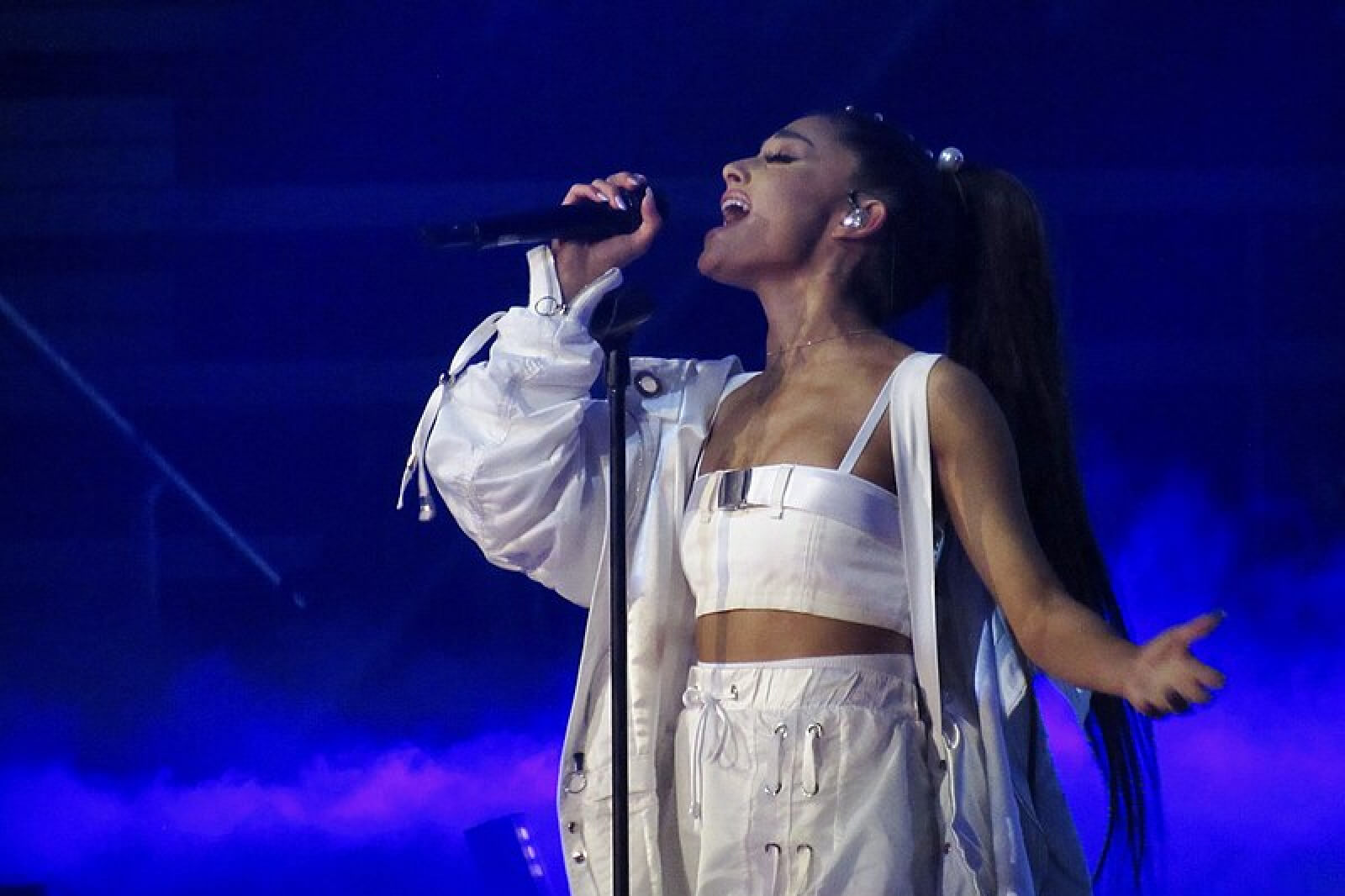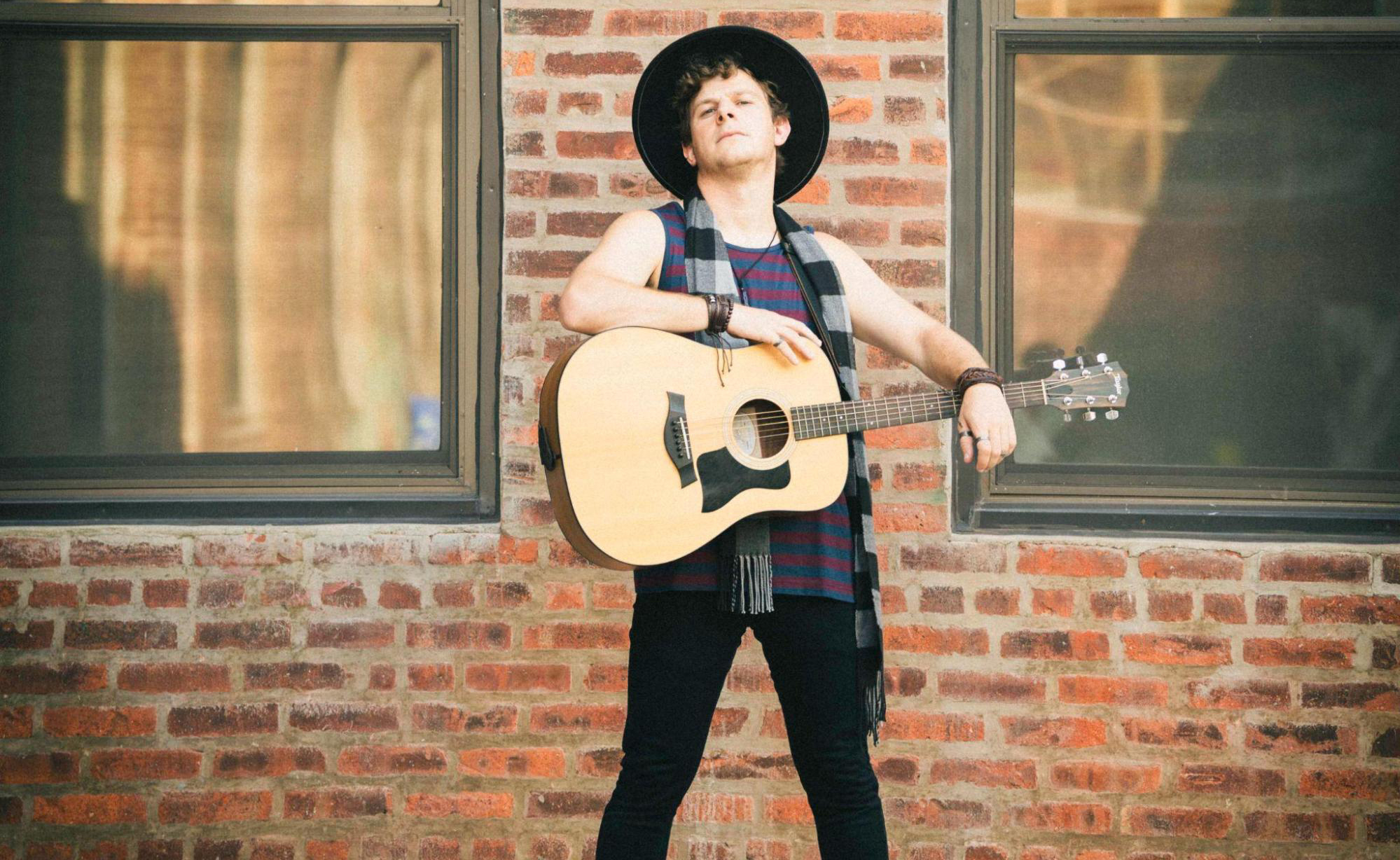
courtesy of the artist
There’s indie music. There’s pop music. And then, there’s indie pop.
Before indie pop was used as a descriptor for left-leaning pop acts like HAIM, Gus Dapperton, and King Princess, the subgenre embodied a very different ethos. Originally stemming from the British post-punk movement of the 1970s, the indie pop scene that followed appealed to young music geeks who appreciated DIY methods, a playful attitude, and good, old-fashioned songs about crushes.
Eventually, indie pop spawned what would be called “twee pop.” Initially used as an insult towards indie pop’s often cutesy, tenderfooted exterior, the word “twee” — like many of the best insults of history — was eventually reclaimed by the community it was used against.
Indie pop of the late ’80s and ’90s embraced a sort of childlike wonder. It still possessed the progressive motives of punk, but instead of spiking their hair and starting mosh pits in basement shows, twee pop bands sang pleasant melodies over basic guitar chords, expressing a delightful sense of innocent charm.
“I spent from age 13 to age 17 trying to act like I was 25 and trying to prove to boys I knew all about sex and I didn’t and trying to prove I was cool and no one could hurt me when they could,” Amelia Fletcher, of the iconic twee pop band Heavenly, said in 1995. “At 18, I thought ‘f**k it, I don’t care anymore. I’m just gonna be what I feel like being.'”
The influence of early twee pop bands can be heard in modern-day artists such as Frankie Cosmos, Sidney Gish, Remember Sports, and Diet Cig. At once scrappy and incredibly comforting, the twee pop subgenre persists among the indie community.
Below, we’ve listed some of the best and most important twee pop albums to emerge since the subgenre’s original boom. Put on your Converse and polka-dots and dance along.
Beat Happening, “Beat Happening”
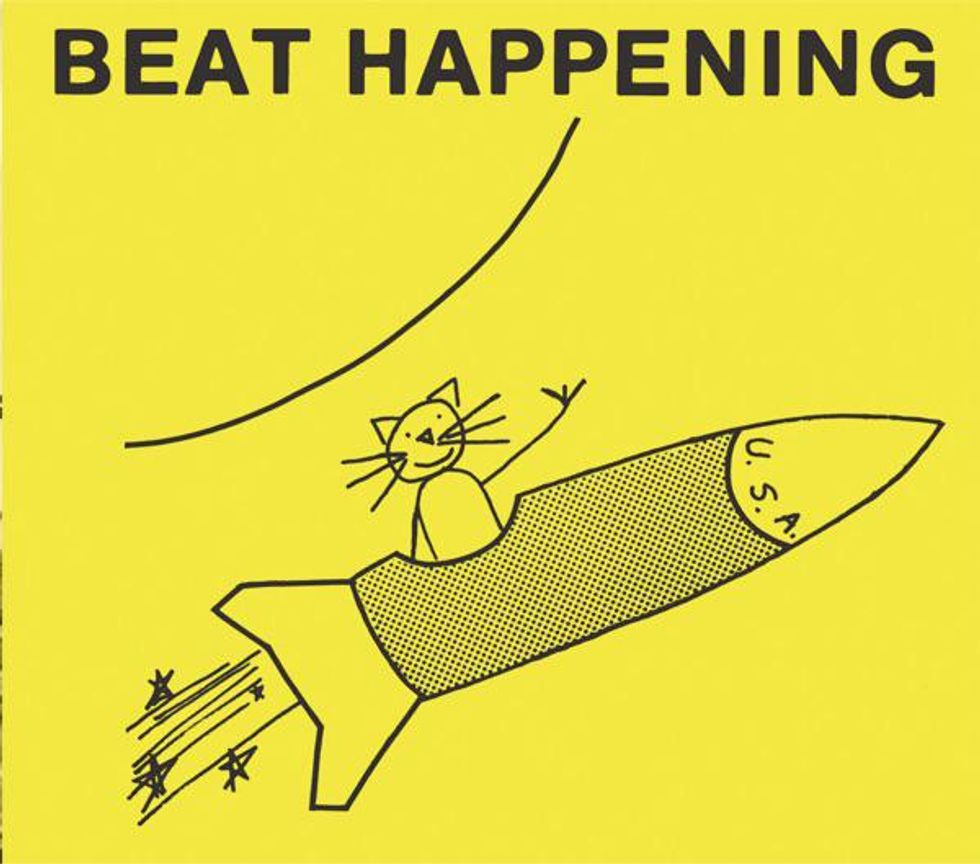
It’s impossible to discuss the history of twee pop without mentioning Beat Happening, the Olympia, Washington-based trio fronted by K Records founder Calvin Johnson. Their self-titled debut album, released in 1985, was a landmark execution of stripped-down post-punk filled with guileless whimsy.
The members of Beat Happening weren’t especially technical musicians, but the amateur candor of Beat Happening adds to the record’s appeal. And it makes sense that Beat Happening went on to become so influential; nobody could match Johnson’s booming, droning baritone, his band valued passion over finesse, which in itself adds to Beat Happening‘s charm.
Talulah Gosh, “Backwash”
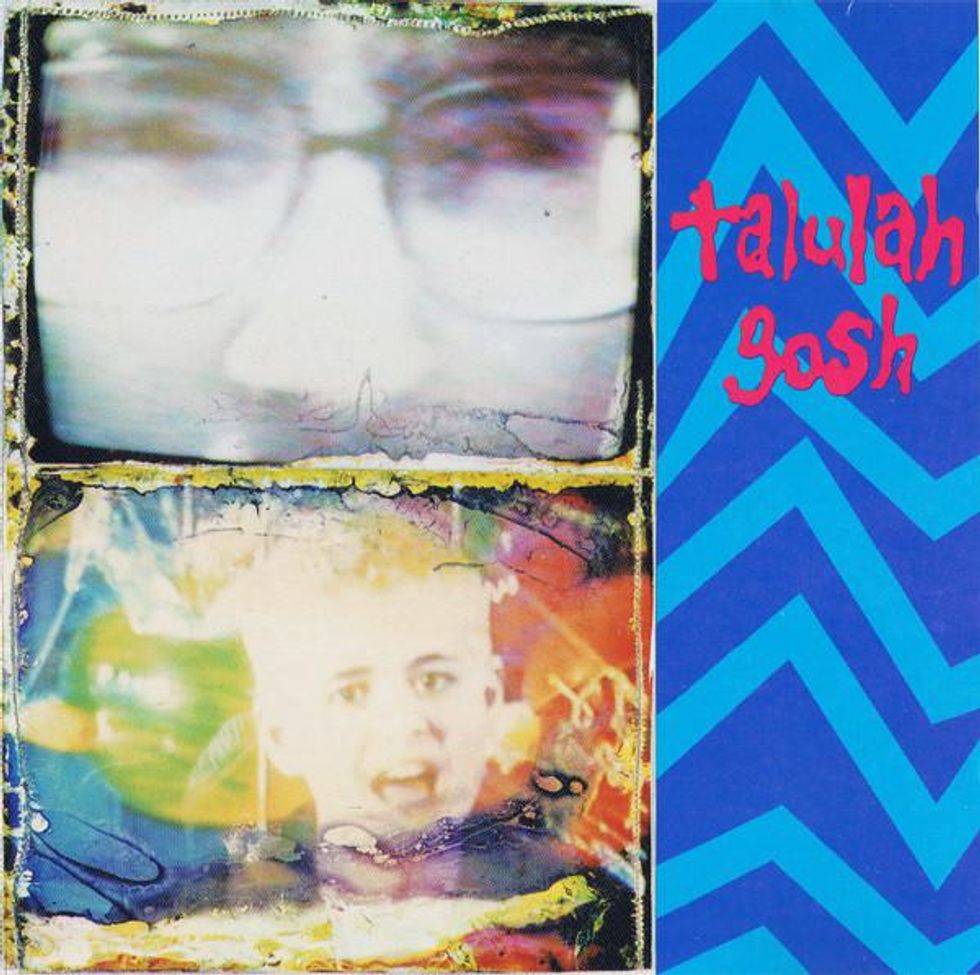
While they never put out a proper full-length album during their two years together, English band Talulah Gosh were still able to establish a cult following that helped kick off the twee movement in the late ’80s. All their recordings — as well as a handful of live performances — can be heard on their expansive compilation album, Backwash.
Heavenly, “Heavenly vs. Satan”
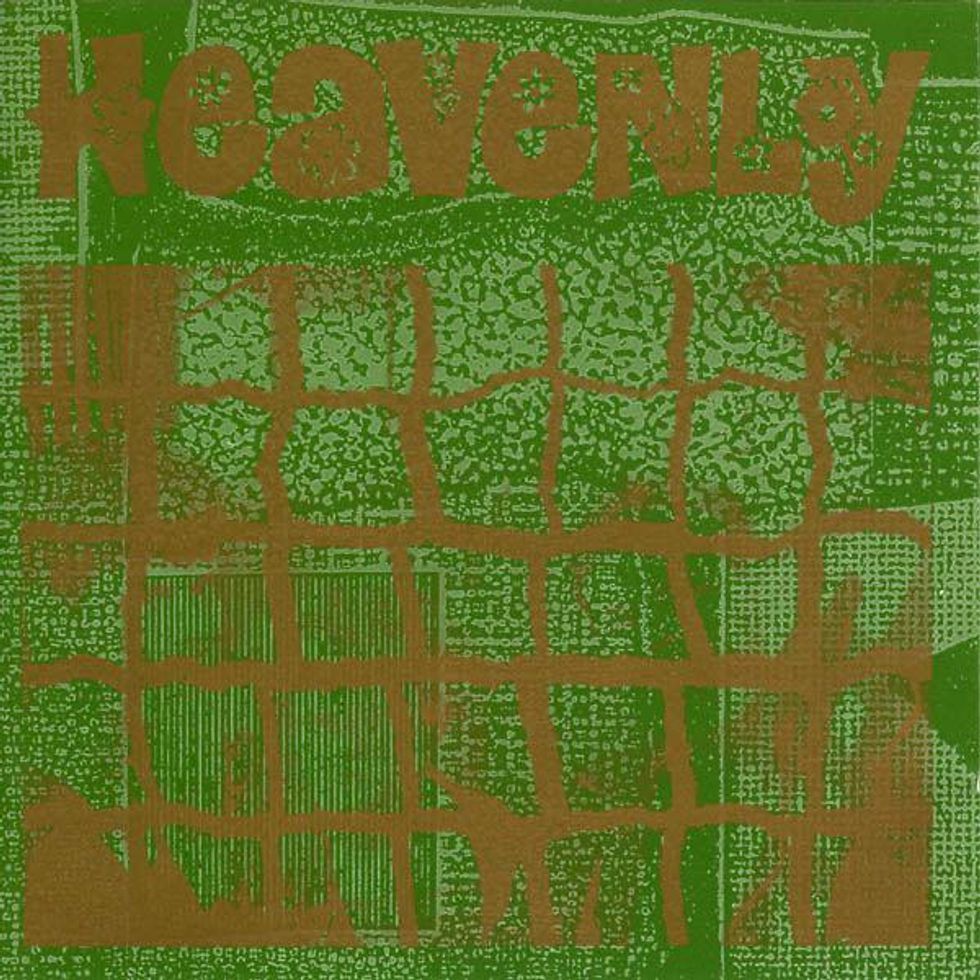
While K Records came to define the indie pop movement in the Pacific Northwest, the short-lived Bristol label Sarah Records was promoting the subgenre across the globe. Of the handful of bands to emerge from their roster, Heavenly found the most success. The band formed after the dissolution of Talulah Gosh by a handful of its members, including Amelia Fletcher and her brother Mathew.
With four albums in their discography, Heavenly carried out Talulah Gosh’s legacy with a fuller indie pop sound. Their debut album, Heavenly vs. Satan, combines the lo-fi twee aesthetics with the rowdiness of riot grrrl, as well as the Britpop movement that was simultaneously taking over the UK.
Black Tambourine, “Black Tambourine”
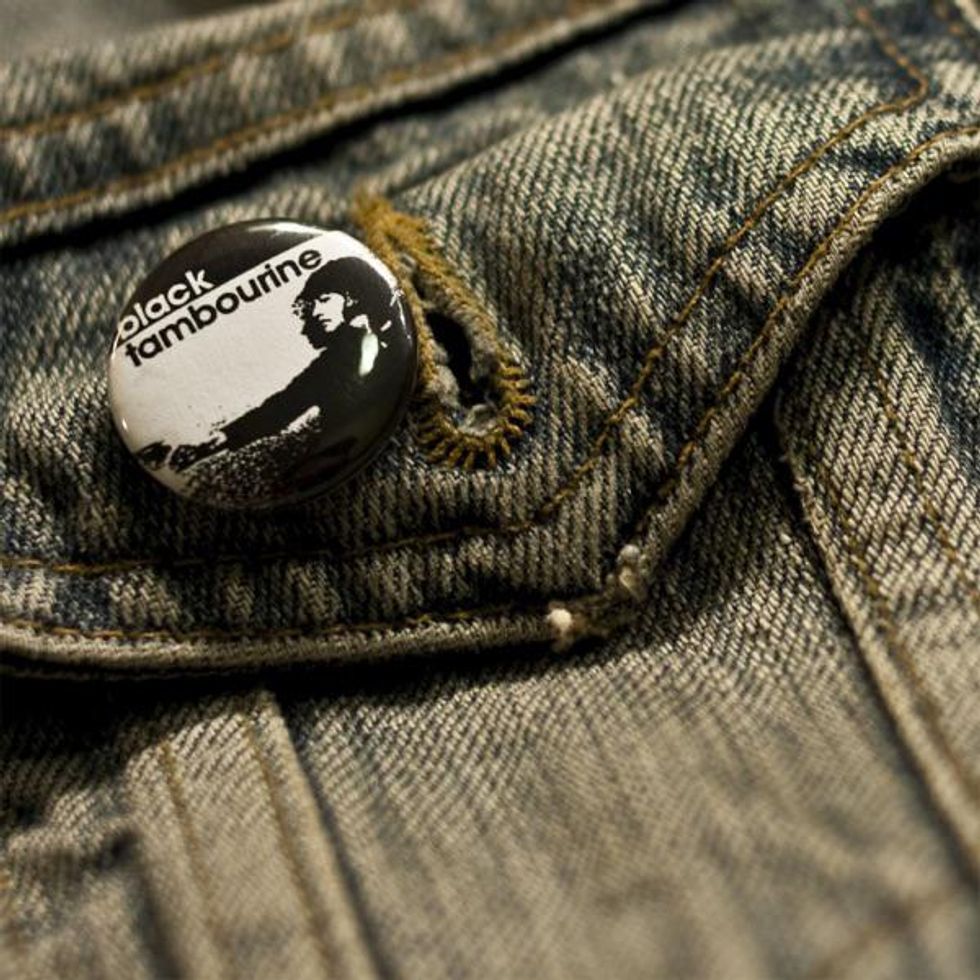
Another record label that was crucial to the early days of twee pop and indie rock was the Washington, D.C.-based Slumberland Records, whose co-founder Mile Schulman performed in Black Tambourine. Blending indie pop sensibilities with the harsher guitar textures of shoegaze, Black Tambourine went on to inspire bands like the Pains of Being Pure at Heart and Vivian Girls; members Archie Moore and Brian Nelson also performed in another fantastic indie pop band, Velocity Girl. All the best songs by Black Tambourine can be heard on their self-titled compilation album.
Cub, “Betti Cola”
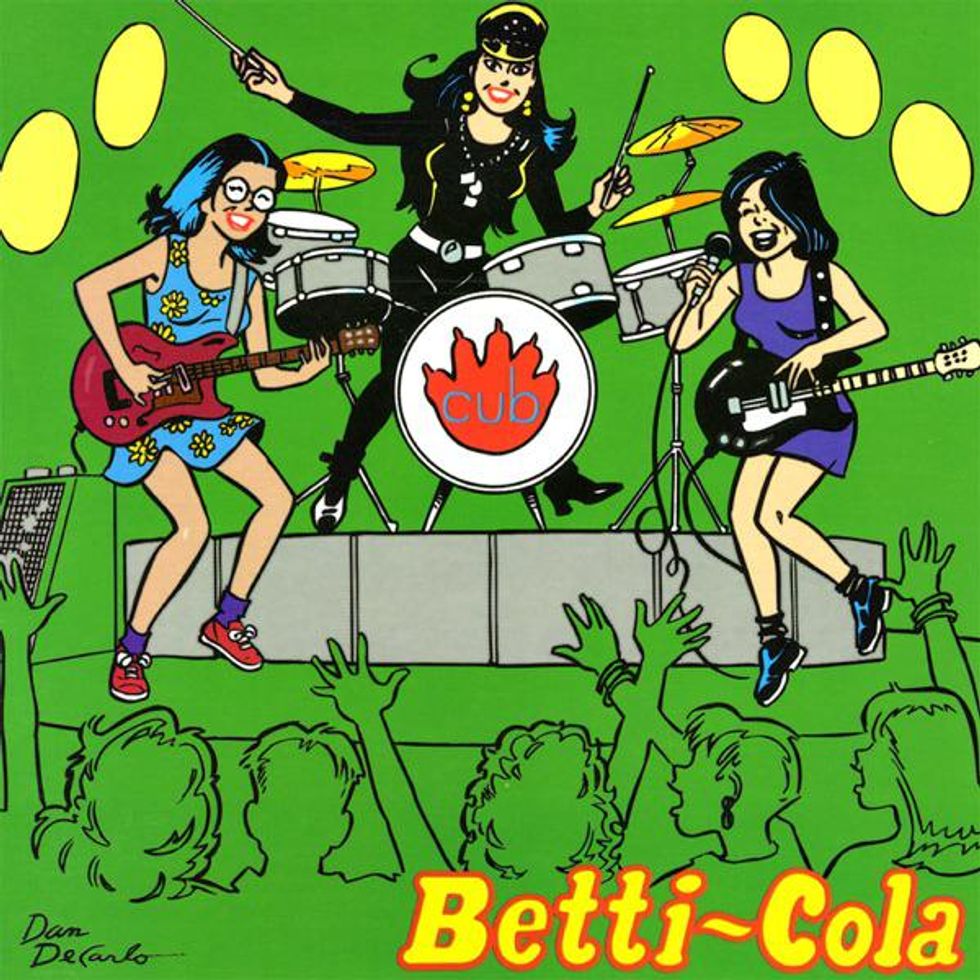
Vancouver band Cub formed in 1991, and embraced indie pop’s cutesiness with their wholesome image and friendly live shows; they famously performed in their pajamas and were known for handing out party favors to their gig attendees. Cub’s expansive debut album, 1993’s Betti Cola, proves that their lo-fi recording processes didn’t undermine their knack for infectious pop-punk.
Tiger Trap, “Tiger Trap”
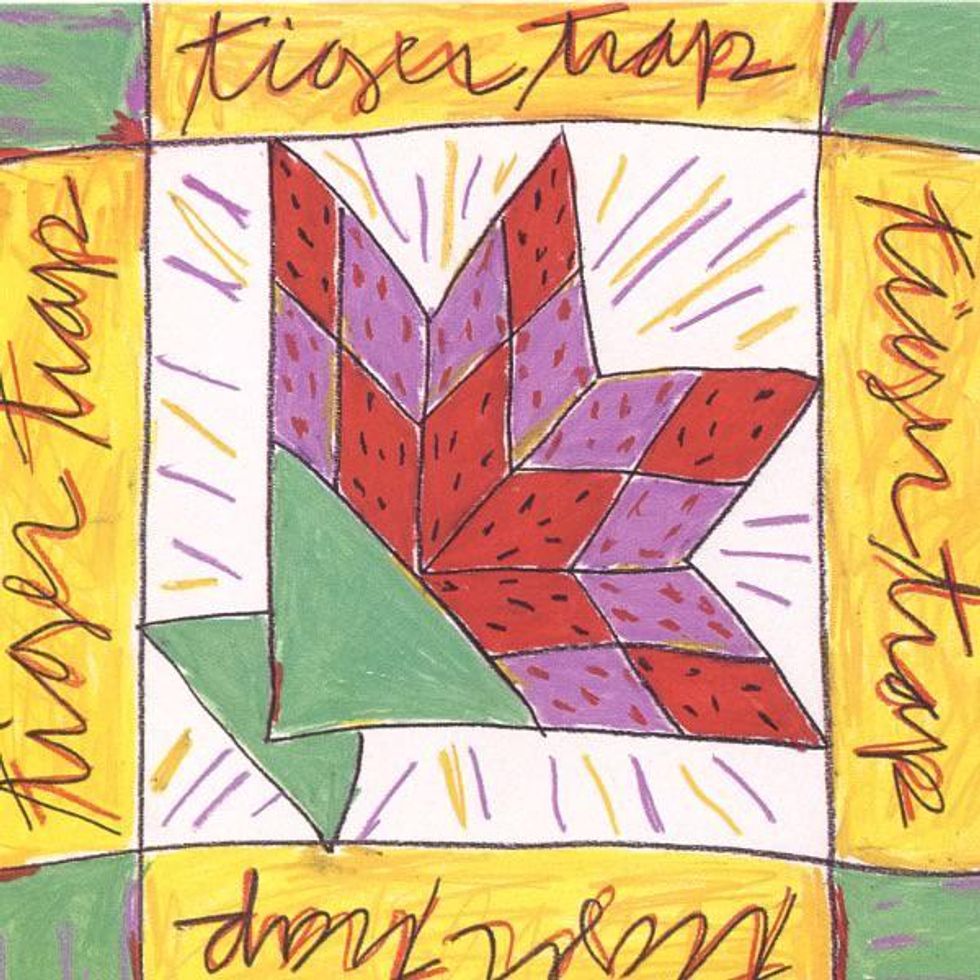
Like Cub and Heavenly, Tiger Trap embodied the ferocity and spunk of the riot grrrl movement. Formed in the early ’90s by high school friends Angela Loy and Rose Melberg, Tiger Trap only lasted for a year, but was arguably one of the most influential bands of twee pop’s heyday, as their sound takes cues from the subgenre’s punk origins.
Rocketship, “A Certain Smile, A Certain Sadness”
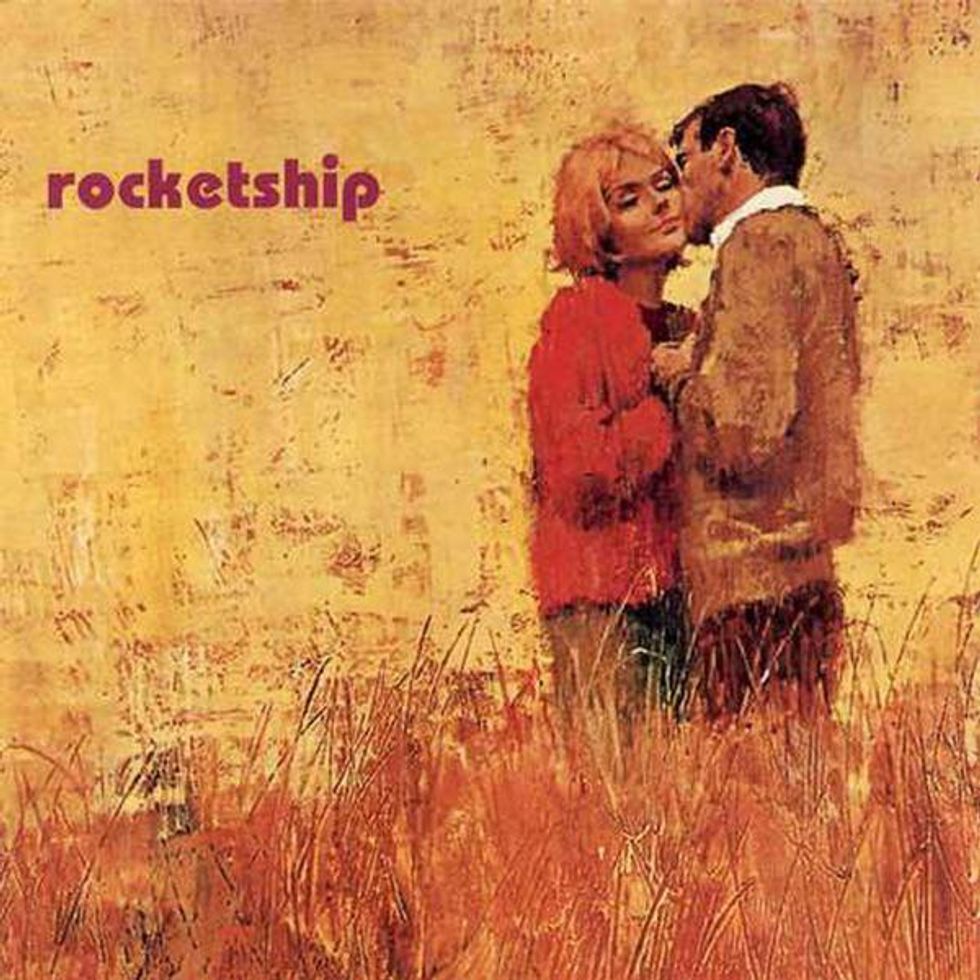
A Certain Smile, A Certain Sadness was the 1996 debut from Rocketship, a Sacramento band whose earlier releases often fused twee pop with elements of dreampop and jangle pop. They drew on similar influences to Belle & Sebastian — namely underground English band Felt — and both bands subverted the stereotype that twee was amateurish and unsophisticated.
Belle & Sebastian, “If You’re Feeling Sinister”
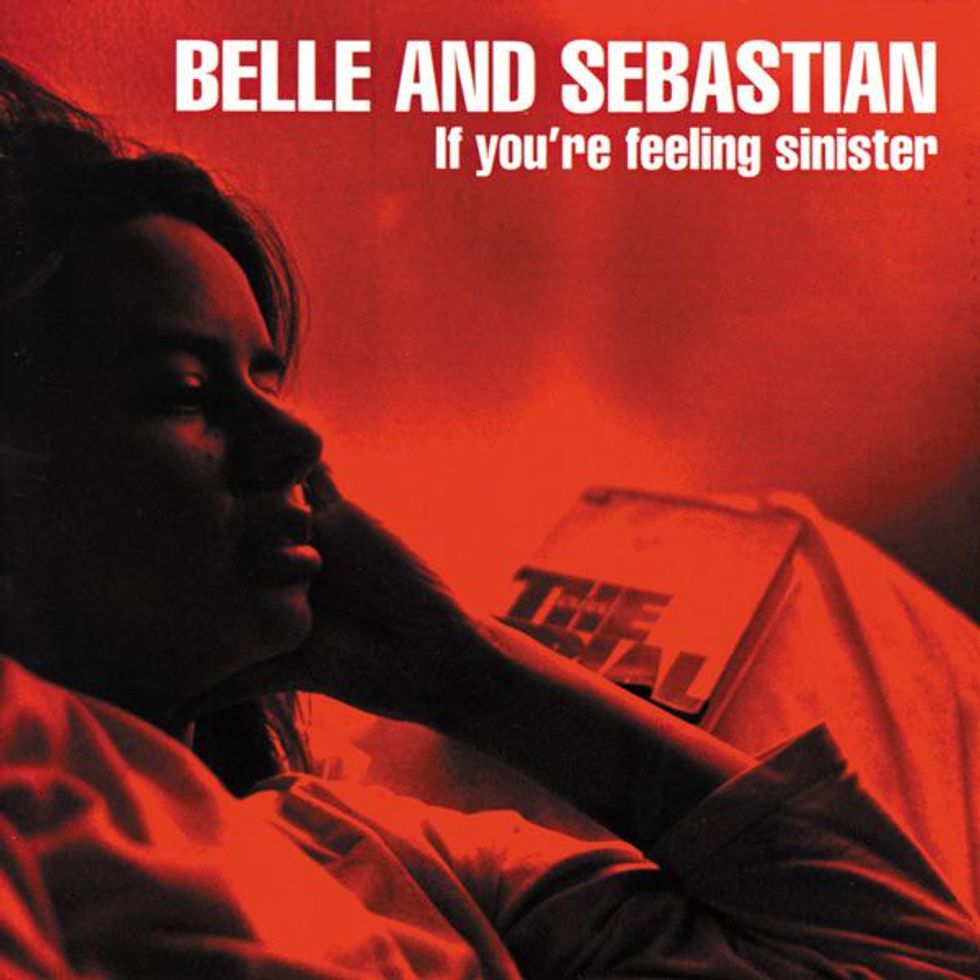
Stuart Murdoch, vocalist and songwriter for Belle & Sebastian, has stated that the Glasgow band’s 1996 sophomore album If You’re Feeling Sinister is probably his best collection of songs. Fans and critics alike have often agreed.
While Belle & Sebastian’s more recent work has diverted from their indie-pop origins, Sinister holds up as not only a prime example of the subgenre at its best, but also probably one of the best albums of the ’90s.










